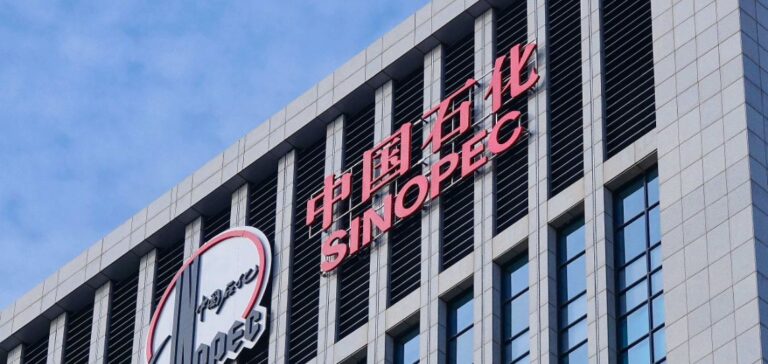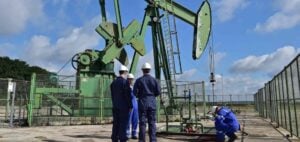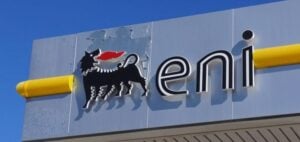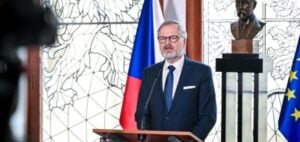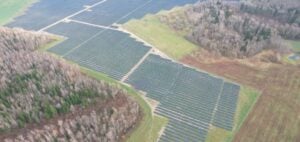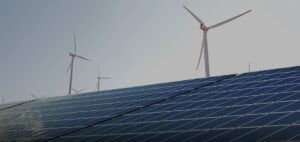China Petroleum & Chemical Corporation (Sinopec) and Saudi Arabian Oil Company (Aramco) have signed a joint venture framework agreement to expand the Yanbu refining and petrochemical complex, located in Yanbu Industrial City, Saudi Arabia. This partnership marks the tenth anniversary of their initial joint venture and signals a new phase of strategic cooperation between the two energy groups.
Deployment of new production units
The expansion involves the construction of a mixed-feed steam cracker with an annual capacity of 1.8 million tonnes of ethylene, along with an aromatics unit capable of producing 1.5 million tonnes per year, complemented by downstream polyolefin units. These additions will be integrated into the existing facilities to strengthen the synergies between refining and petrochemical operations. The development aims to increase the output of high value-added materials for international markets.
The project is designed to enhance the complex’s technological innovation capacity, industrial chain optimisation, and diversification of final products. It aligns with Saudi Arabia’s strategic industrial priorities under Vision 2030 while addressing growing global demand for petrochemical products.
Consolidating Sino-Saudi relations
The agreement also aligns with China’s Belt and Road Initiative, positioning Yanbu as a key anchor point in energy cooperation between the two countries. The site spans 5.2 million square metres and processes 430,000 barrels per day of Saudi crude oil, delivering refined products and chemical components for export.
Zhao Dong, President of Sinopec Group, stated that the expansion would create “an integrated refining and petrochemical enterprise with global competitiveness”. Amin H. Nasser, President and Chief Executive Officer of Aramco, added that the project would reinforce Yanbu’s position as a regional energy hub.
Industrial outlook for the Yanbu complex
By combining new ethylene, aromatics, and polyolefin units with the existing infrastructure, the project seeks to maximise industrial integration and increase the production of performance materials. It will also introduce advanced technologies aimed at improving process efficiency and supporting economic diversification objectives.
The programme as a whole aims to adapt traditional energy models to modernised industrial standards amid a transforming energy market in the Middle East. The partnership between Aramco and Sinopec thus reflects an industrial expansion strategy underpinned by shared commitments to innovation, technology, and the petrochemical value chain.

